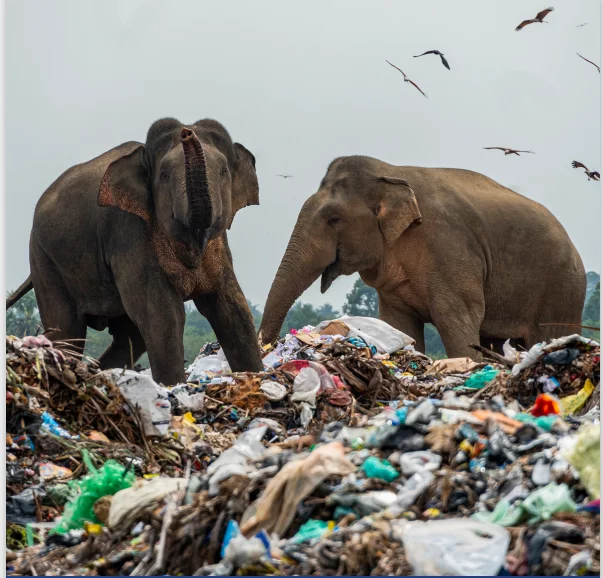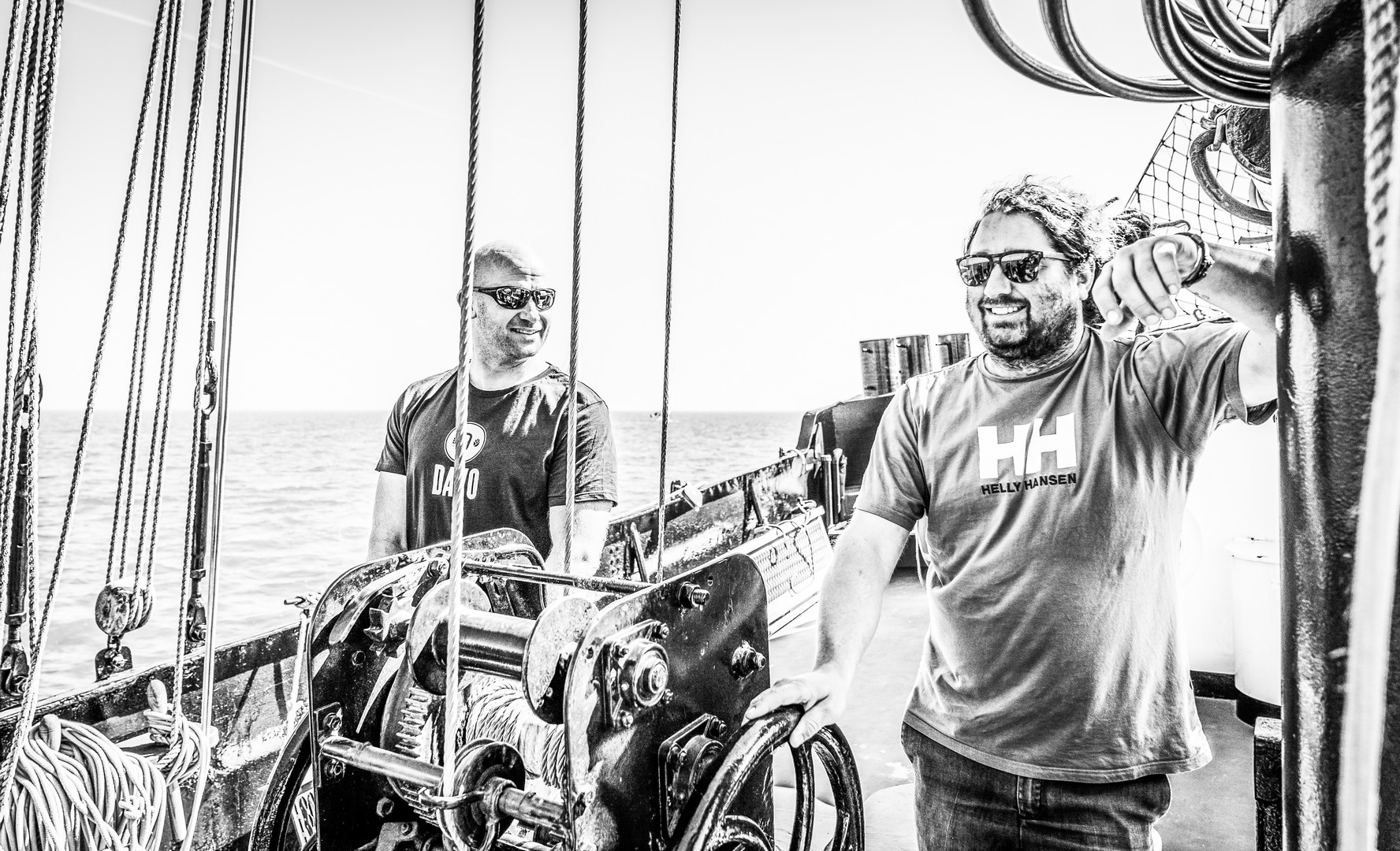Source: www.wwf.nl
Plastics: the costs to society, the environment and the economy
Plastics that end up in the oceans also seem to have an impact on climate change. WWF sees more and more scientific evidence that plastic pollution is obstructing the absorption of CO2 in the oceans. This is one of the conclusions of the recent report: “Plastics: the costs to society, the environment and the economy”.



Highlights from the report
The production, use and disposal of plastics impose countless negative impacts on society, with plastic pollution among the most pressing environmental issues of today. Plastic waste is either disposed of via processes that can also release chemical pollutants and contribute to climate change, or leaks into the environment, becoming plastic pollution. Pollution in the ocean poses a threat to marine life, impacting the provision of ecosystem services and damaging key economic industries such as fisheries and tourism. These impacts generate significant costs for society that are not accounted for in plastic’s market price: the lifetime cost of the plastic produced in 2019 will be at least US$3.7 trillion (+/-US$1 trillion)11 and more than the GDP of India.
Without significant action, plastic production is expected to significantly increase, resulting in a corresponding rise in the cost imposed on society. The societal lifetime costs of the projected virgin plastic produced in 2040 (lifetime cost of plastic excluding the market cost) could reach more than US$7.1 trillion (+/-US$2.2 trillion), equivalent to approximately 85% of global spending on health in 2018 and greater than the GDP of Germany, Canada, and Australia in 2019 combined .
Many of the necessary global actions to tackle the plastic crisis are known, but current initiatives lack the necessary scale to drive systemic change, while regulatory approaches have been heterogenous and scattered, failing to target the fundamental problem drivers.
The transboundary nature of plastic requires a truly global response to effectively tackle the crisis, however, there is currently a notable lack of global coordination in plastic action.
For a new treaty to be established, governments will have to start negotiations through the adoption of a formal negotiation mandate at the 5th session of the UN Environment Assembly in February 2022.
Read the full report here.




Share this post: